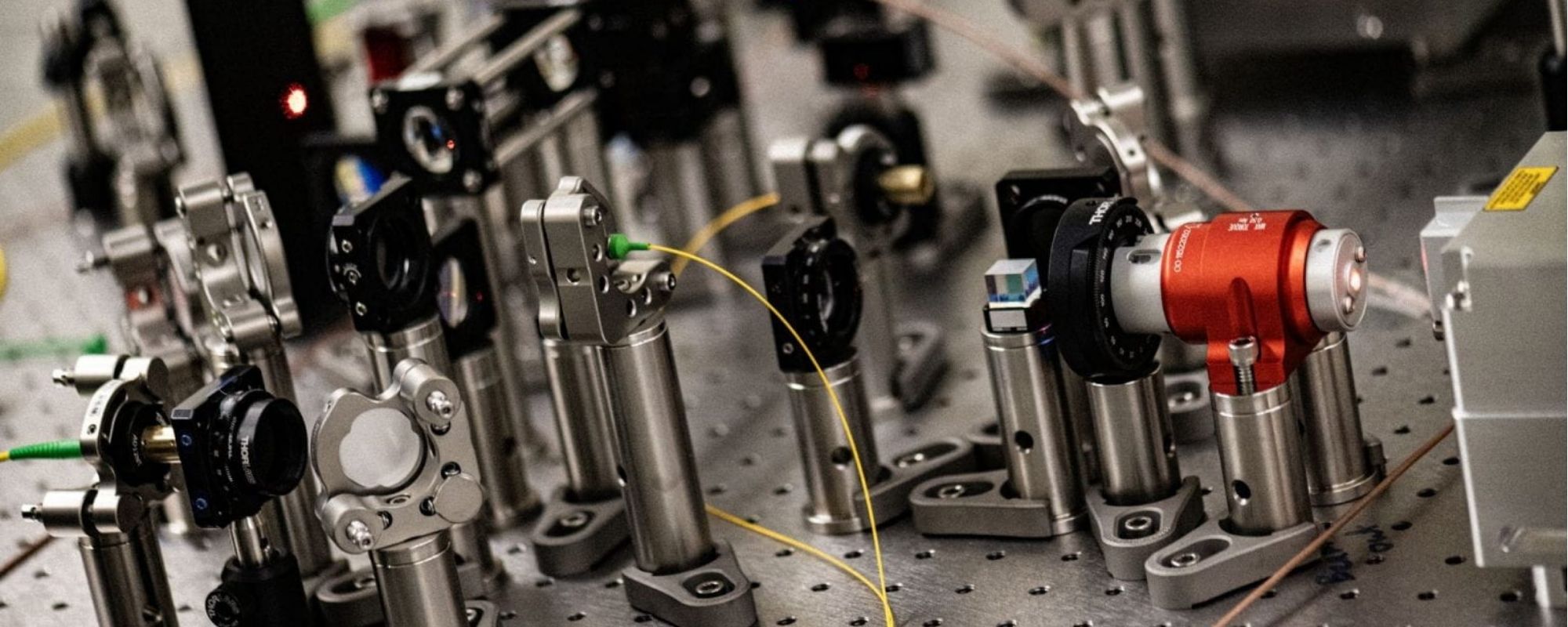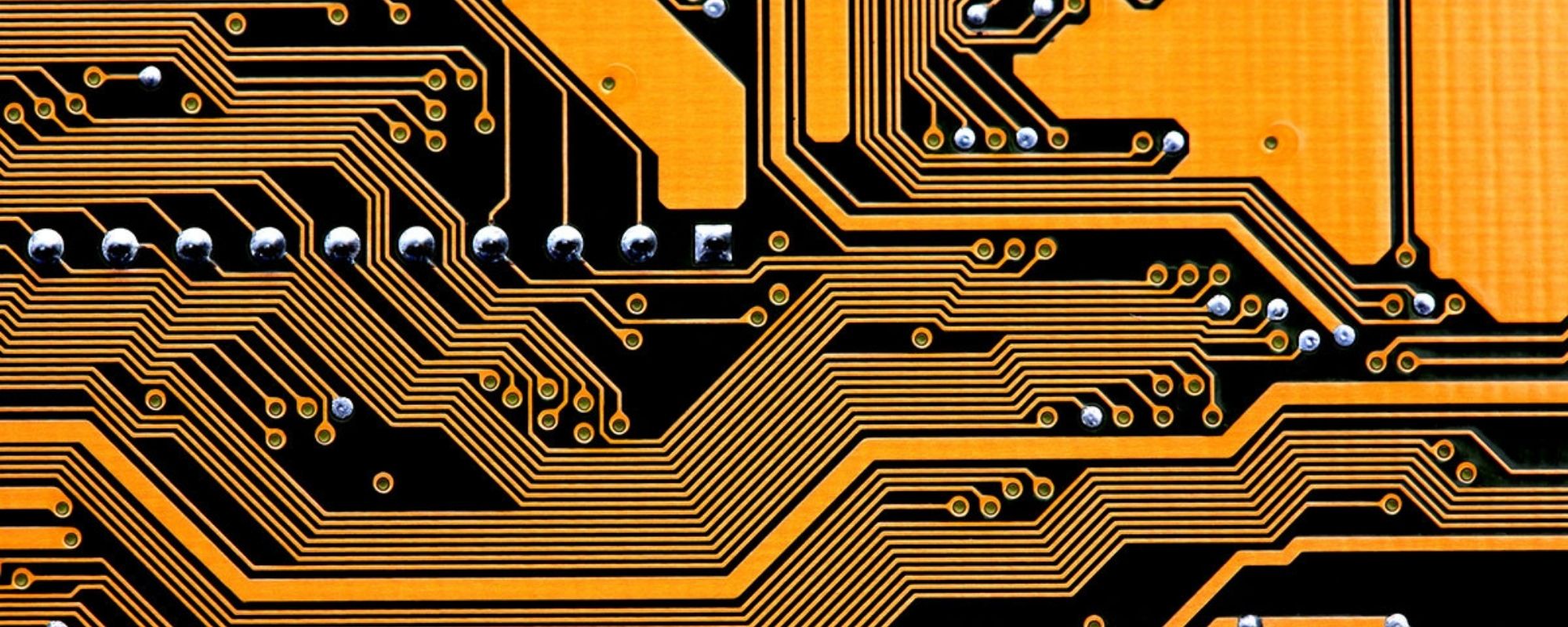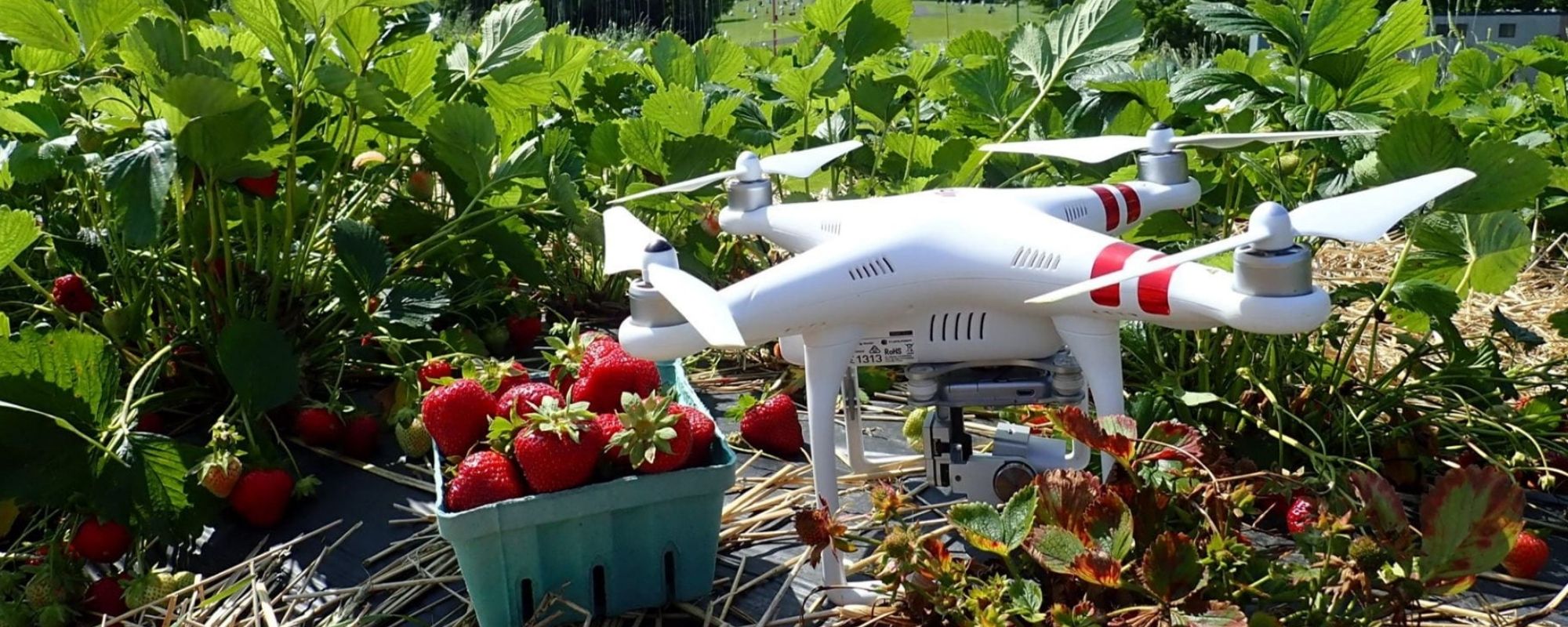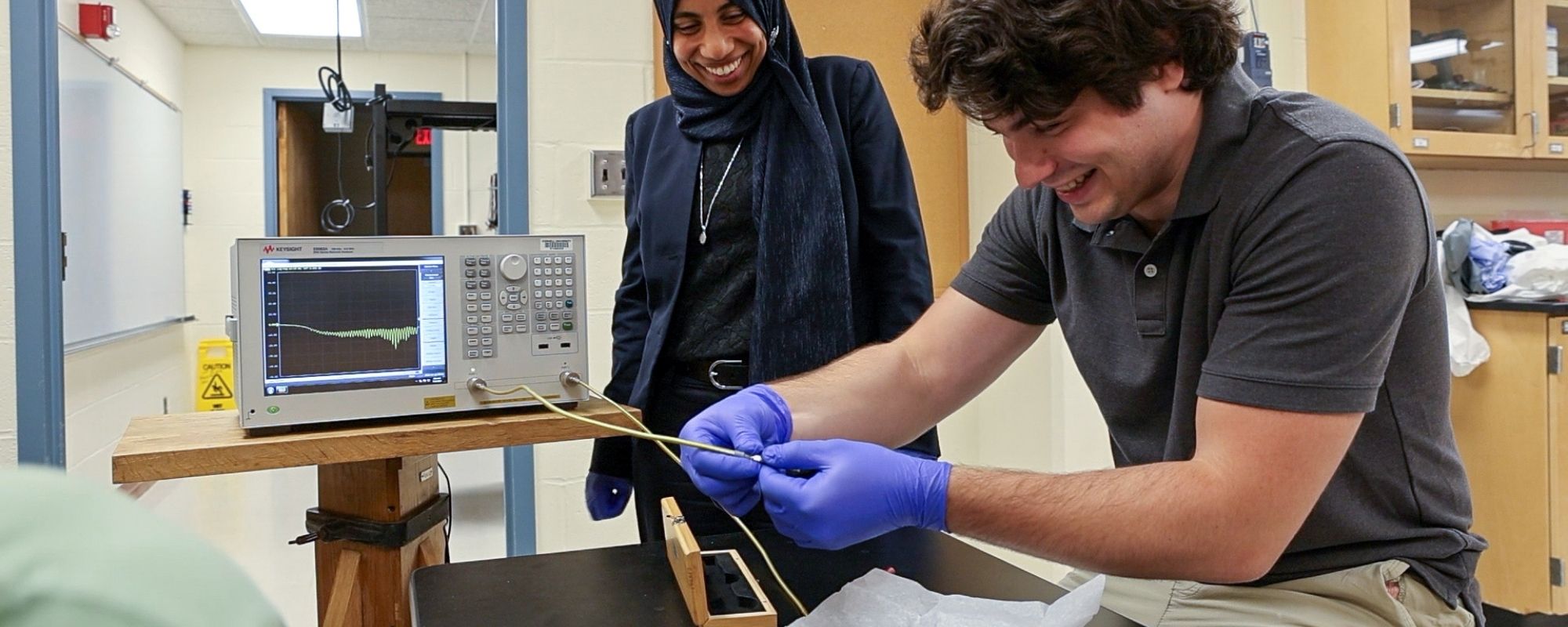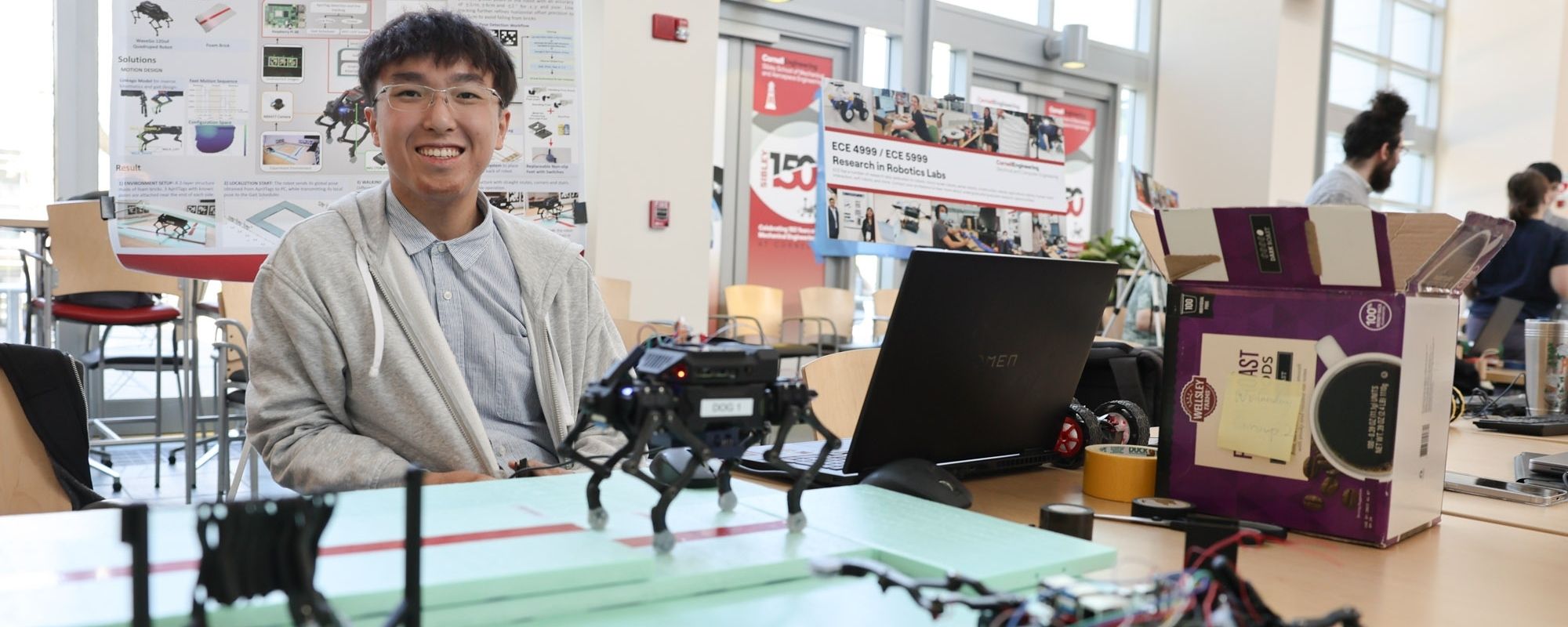Shaping the Future of Technology
Electrical and computer engineering extends from the nanoscale level of integrated electronics to gigantic power grids; from single-transistor devices to networks comprising a billion nodes. Our students discover and apply new technologies and innovations in our three nationally-ranked academic degree programs.
Our Programs
- Minor
- B.S.
- M.Eng.On Campus
- M.Eng.Distance Learning
- M.S.
- Ph.D.
-
Electrical and Computer Engineering
Focuses on developing electrical systems, from circuits to computers. Great for those interested in hardware, software, and advancing technology.
Strategic Areas of Research
-
![Karan Mehta's Photonics and Quantum Electronics Group lab equipment]()
Bio-Electrical Engineering
Interfaces for sensing and actuation to help understand the physiological and pathological mechanisms of diseases, and enable advanced robotic interfaces in medicine.
-
![Circuit board]()
Circuits and Electronic Systems
Analog and mixed signal circuits, RF transceivers, low power interfaces, power electronics and wireless power transfer, and many others.
-
![Blockchain graphic from the Statistical Signal Processing Lab of Vikram Krishnamurthy]()
Computer Engineering
Digital logic and VLSI design, computer architecture and organization, embedded systems and Internet of things, virtualization and operating systems, code generation and optimization, computer networks and data centers, electronic design automation or robotics.
-
![A drone in a strawberry field working on pollination. in Kirsten Petersen's lab]()
Information, Networks, and Decision Systems
The advancement of research and education in the information, learning, network and decision sciences.
-
![Amal El-Ghazaly working with a student in her lab on magnetic sensors]()
Physical Electronics, Devices, and Plasma Science
Electronic and optical devices and materials, micro-electromechanical systems, acoustic and optical sensing and imaging, quantum control of individual atoms near absolute zero temperature, and experiments on high-energy plasmas at temperatures close to those at the center of the sun.
-
![Student showcasing their robot during the annual Electrical and Computer Engineering Robotics Showcase event]()
Robotics and Autonomy
Topics include swarm intelligence, embodied intelligence, autonomous construction, bio-cyber physical systems, human-swarm interaction, and soft robots.
News Highlights
-

Expanded SPROUT Awards maintain engineering innovation momentum
From mapping the human gut-brain connection to creating safer cancer nanotherapies, the latest Expanded SPROUT Awards from Cornell Engineering are exploring breakthroughs in microbiome science, quantum materials and biomedical engineering.
-
Balancing the promise of health AI with its carbon costs
The health care industry is increasingly relying on AI – in responding to patient queries, for example – and a new Cornell study shows how decision-makers can use real-world data to build sustainability into new systems.
-
Cornell showcases semiconductor leadership at 2025 SUPREME annual review
Cornell University hosted the 2025 SUPREME annual review, bringing together academia, industry, and government to advance next-generation semiconductor innovation and workforce development.
-
Mako, a faculty-led startup based at Cornell Tech, raises $8.5 million
Mako, co-founded by assistant professor Mohamed Abdelfattah, sets out to tackle one of artificial intelligence’s most pressing infrastructure challenges: optimizing the computing efficiency of graphics processing units.
-
Olin Library to hold reopening celebration Aug. 27
The celebration also features a welcome speech at 12:15 p.m. by Elaine L. Westbrooks, Carl A. Kroch University Librarian, and open houses for the new Anthropology Collaboratory and Library Map Collection.
